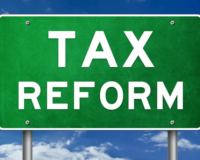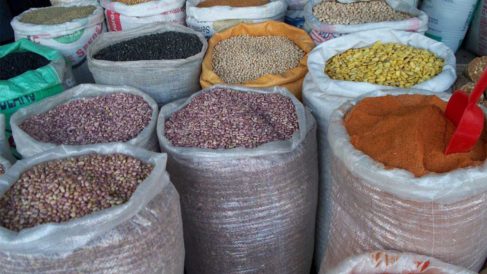The cumulative revenue of the 36 Nigeria states grew by 28.95 per cent from N5.12 trillion in 2021 to N6.6 trillion in 2022, a report has said.
BudgIT, a civic advocacy organisation, disclosed this in its 2023 edition State of States report released on Tuesday.
The report explained that the Internally Generated Revenue (IGR) of the 36 states appreciated by 12.98 per cent from N1.61 trillion in 2021 to N1.82 trillion in 2022, denoting a strengthened domestic revenue mobilisation capability.
Nonetheless, the report said the IGR to Gross Domestic Product (GDP) ratio remained very low at 1.01 per cent.
“The increase in IGR did not reflect across the board as 17 states experienced a decline in their IGR from the previous year while 19 states recorded positive growth.
“Occasioned by a 49.2 per cent increase in global oil prices, gross federal transfers rose by 35.68 per cent from the previous year to N4.05 trillion, despite a 12.55 per cent drop in crude oil production,” it said.
Cumulatively, it said states’ reliance on transfers from the federal government increased from 58.4 per cent in 2021 to 61.45 per cent in 2022.
It said that taken apart, at least 70 per cent of the total revenue of 16 states comprised federal transfers, while 32 states depended on transfers from the federal government for at least 50 per cent of their revenue.
The report said the viability of states still depends largely on their ability to mobilise revenue internally, primarily through taxes.
To do this, it said states will need to implement reforms aimed at strengthening their tax mobilisation capacity, broadening and diversifying their tax base, formalising their informal sector using technology, and establishing a robust consequence management regime to address and deter instances of corruption.
Expenditure
According to the report, the total expenditure of the 36 states put together stood at N8.2 trillion, 24.7 per cent more than the N6.58 trillion spent in 2021.
“Save for three states Anambra, Cross River and Rivers 33 States had an increase in their total spending in the 2022 fiscal year.”
The report added that considering the huge deficit in infrastructure, primary health care, education, and key ease of doing business metrics, several states are concentrating their resources on improving infrastructure and security, improving transparency and accessibility to information, reforming the regulatory environment, and improving health and educational outcomes.
Commendably, it said not only did 9 states exceed the United Nations Educational, Scientific and Cultural Organization (UNESCO) recommendation of allocating 20 per cent of the annual budget and spending to education, 15 per cent of the total expenditure for 17 states went to education.
Regarding health, the report said just two states, Sokoto and Jigawa, surpassed the Abuja Declaration recommendation of earmarking 15 per cent of total expenditure for improvement in healthcare delivery.
On a per capita basis, it said while 24 states spent below the national average of N4,499.48 in 2022, Anambra and Abia spent below N1,000 per capita on health.
Similarly, the report said just twelve (12) states spent above the national average of N2,200 per capita on education.
Furthermore, it said eight (8) states spent below N1,000 per capita on education.
A look at expenditure more broadly revealed that a 19.26 per cent increase in cumulative operating expenses of the 36 states was accompanied by a 28.54 per cent increase in capital expenditure, year-on-year.
“Despite the fact that 15 states are yet to implement the minimum wage of
N30,000, the cumulative personnel cost of the 36 states grew by 13.44 per cent to N1.75 trillion from N1.54 trillion the previous year. In a similar fashion, overheads grew by 23.42 per cent to N1.24 trillion in 2022,” the report said







